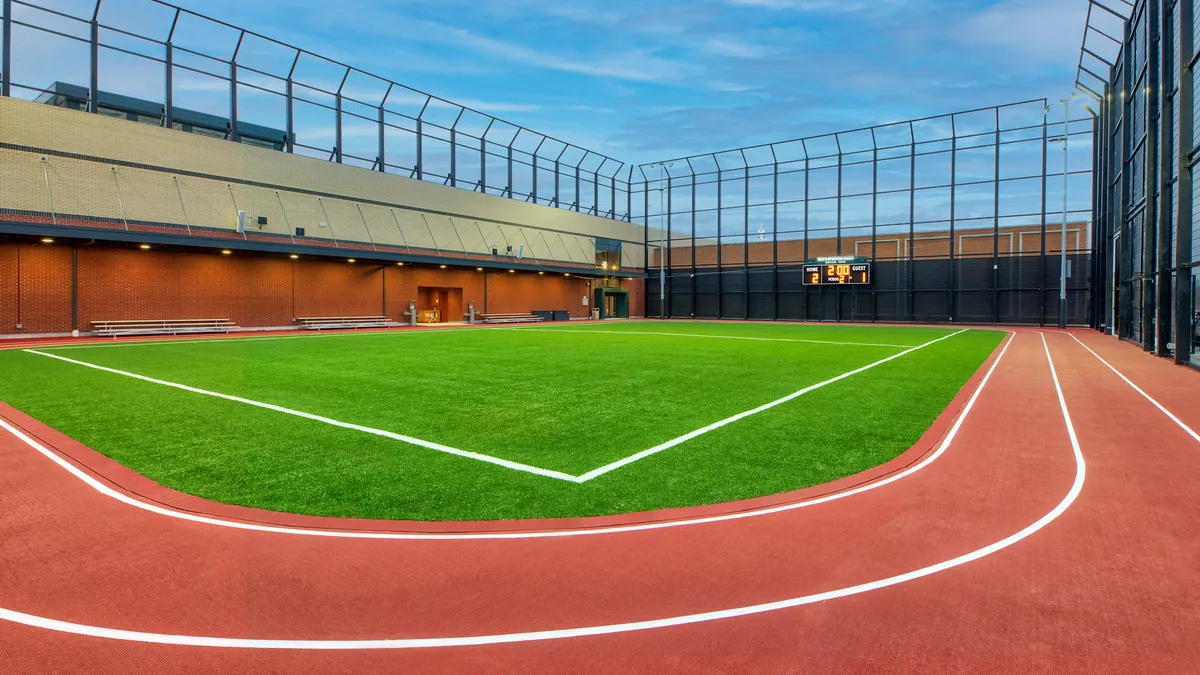Dive Brief:
- The NCAA told its member colleges Tuesday that the association could punish them for violating its rules on athletes’ ability to profit off of their names, images or likeness, even if state laws are more flexible.
- The directive sets up battles with states that have passed legislation challenging the NCAA’s enforcement of NIL-related issues. Arkansas, for instance, approved a law in 2021 forbidding colleges from following sports association and conference policies if those rules interfere with athletes being compensated for publicity rights.
- Various state laws also allow for fundraising groups separate from colleges to pay athletes for NIL endorsements, but the NCAA stressed this too would infringe on its policy.
Dive Insight:
Up until recently, the NCAA maintained a longtime prohibition on college athletes earning money for their personas.
But in 2019, California passed a law greenlighting NIL deals, setting off a cascade of similar legislation in other states. This legislative movement essentially forced the NCAA’s hand, and in 2021, it formally started allowing NIL compacts. The association has called for a federal standard, though Congress has spun its wheels on the issue.
The varying laws spurred concerns that states without express NIL legislation would be at a competitive disadvantage because athletes would opt to attend colleges in states where they could be paid for their celebrity. College athletes cannot be paid just for playing a sport, as the NCAA contends that this practice would clash with its amateurism model.
State laws go beyond merely authorizing NIL arrangements. A Texas law that goes into effect July 1 allows for third parties, including groups commonly known as boosters, to strike NIL deals on colleges’ behalf. Oklahoma recently passed a similar law.
Both the Texas and Oklahoma laws attempt to block NCAA enforcement of these deals. But the association wrote Tuesday that it’s not fair to enforce the rules on some colleges and not others.
“Schools who do not like the application of a particular rule should work through the NCAA governance process to change the rule,” the association wrote.
The NCAA also said Tuesday that booster groups cannot contact prospective athletes to discuss potential NIL opportunities, nor can athletes’ attendance at a college be hinged on whether they receive NIL money.










